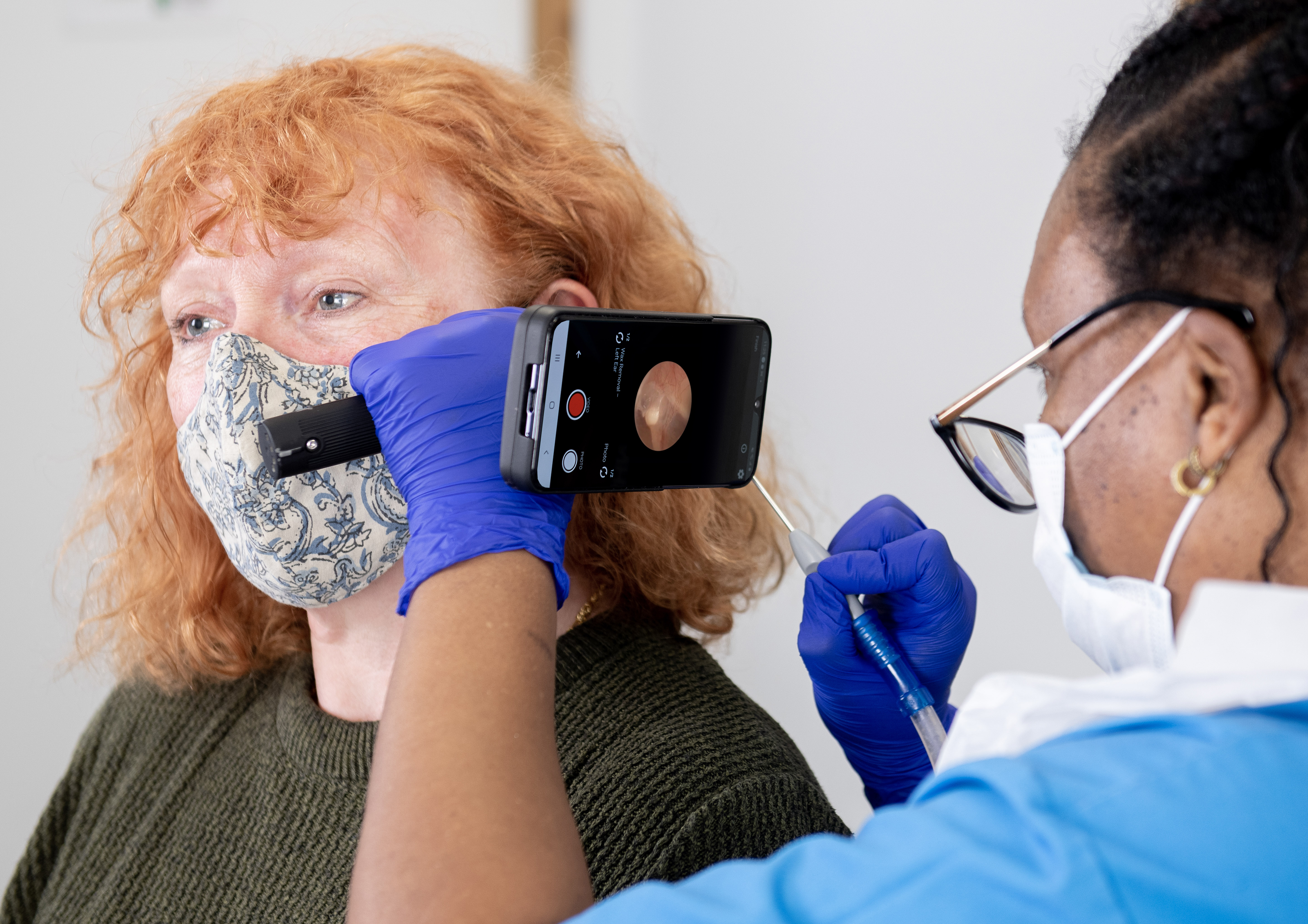What causes ear wax?
Want to be the first to hear latest news and find out about our exclusive promotions.
Sign Up for Our Newsletter:

Earwax, also referred to as cerumen, is produced by the glands found in the ear canal. It is made in the outer part of your ear to protect the eardrum by trapping dirt and other particles. The wax also provides lubricating and antibacterial properties.
Generally, earwax passes out of the ear, and dried wax flakes typically fall off. In some instances, however, earwax build-up blocks the ears, and earwax removal becomes necessary to avoid problems from arising.
Causes of earwax build-up
If you are prone to earwax build-up, it can be due to the following factors:
· When your ears produce hard or dry earwax
· When your ears have narrow or hairy canals
· When you have bony growths in the outer ear canal
· Your earwax becomes drier as you age
· Using cotton swabs which can push some wax deeper into the ear canal
· Using hearing aids or earplugs
Symptoms of earwax build-up
Ear blockage or earwax impaction can cause symptoms such as:
· Earache
· Decreased hearing or sudden hearing loss
· Ringing in the ear
· Itching inside or around the ear
· Dizziness
· Odor coming from the ear
More severe symptoms that require professional help include:
· Vertigo or spinning sensation
· Ear infections
· Fever
Symptoms will improve after the discharge of the earwax.
Self-care treatment
If you are experiencing mild symptoms and your doctor confirms that you do not have eardrum perforation, you can try to manage the problem at home.
There are eardrops available in your local pharmacy formulated for earwax removal. These drops can help soften your earwax. Use a few drops for a few days until the wax softens and falls off. Otherwise, you can gently flush your wax with a bulb-type syringe once it has become softer.
It may take a few days for home treatment to improve your symptoms. Contact your doctor if it does not improve in 3 to 5 days.
Prevention of earwax build-up
If you are prone to earwax blockage, your doctor can prescribe which eardrops to regularly use to ensure that your wax is soft.
Avoid scrapping your earwax with your fingers or other instruments, which can potentially cause more problems.
- Stop Smoking Service (31)
- Baby Care (16)
- Allergy and Hayfaver (15)
- Medicine Online (1)
- Skin Care (40)
- Vitamin And Supplement (71)
- Hair Care (32)
- Fungal Infection (12)
- Sore Throat Treatment (32)
- Flu Relieving Medicine (3)
- Deodorants (5)
- Diarrhoea Treatment (2)
- Muscle Pain Treatment (6)
- Covid-19 Essentials (4)
- Cold and Flu Treatment (23)
- Back Pain Relief Treatment (2)
- Repeat Prescription Service (12)
- joint Pain Treatment (17)
- Sinus Treatment (1)
- Migraine Tratment (11)
- Arthritis Treatment (2)
- Fungal Infection Treatment (23)
- Press Release (1)
- Sexual Health (34)
- Health Checkup (22)
- weight management service (36)
- Flu vaccination (44)
- Emergency contraception (14)
- Travel clinic (61)
- Corona Disease (1)
- Emergency Medicines Service (2)
- Monitored Dosage Systems service (1)
- Medicines User Review service (1)
- Covid 19 Test (12)
- skincare (34)
- Ear microsuction (34)
- Pain Treatment (2)
- stomach pain Treatment (8)
- Stop Smoking Aids (7)
- headache & pain relief (3)
- Eye Care (11)
- Diabetes (11)
- Skincare Product (22)
- Health Care (9)
- Blood Pressure Check (17)
- hajj vaccination (3)
- Perfumes (7)
- Dental Oral Care (6)
- Foot Care (5)
- Ear Care (7)
- Care Home (8)
- Shingles (3)
- Sinusitis (3)
- Infected Insect Bites (3)
- Acute Otitis Media (2)
- Impetigo (2)
- UTI (2)






